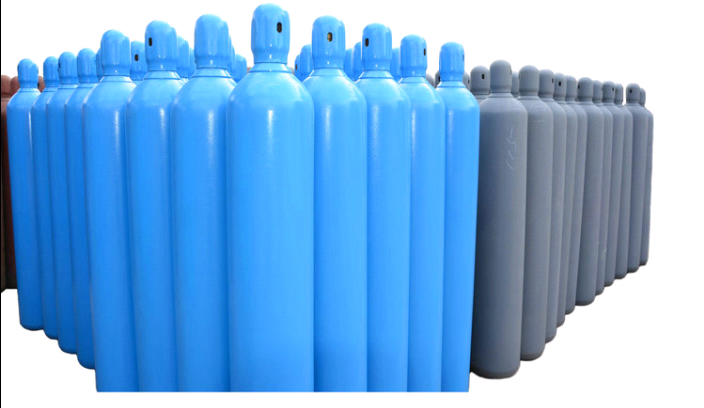Some gases in the bottled gas will corrode in contact with equipment, pipelines and cylinders, such as hydrogen cyanide, hydrogen bromide, hydrogen sulfide and other acidic gases, and ammonia and other alkaline gases. The corrosion of such corrosive gases will be enhanced when there is water. For another example, phosgene is non corrosive to ordinary metals under normal temperature and dry state, but it will generate hydrochloride acid when there is water (more than 0.04%), which is corrosive to metals.

In addition, some gases have no corrosion themselves, but they will corrode metals when mixed with impurities. For example, carbon monoxide in the bottled industry contains a small amount of carbon dioxide and water, which causes stress corrosion to the cylinder. The light one will penetrate the cylinder wall, and the heavy one will explode the cylinder. In view of the corrosivity of some bottled gases, the materials of equipment, pipes and cylinders must be carefully selected. During reuse, measures shall be taken to ensure that there is no moisture and air, and regular inspection and replacement shall be insisted.